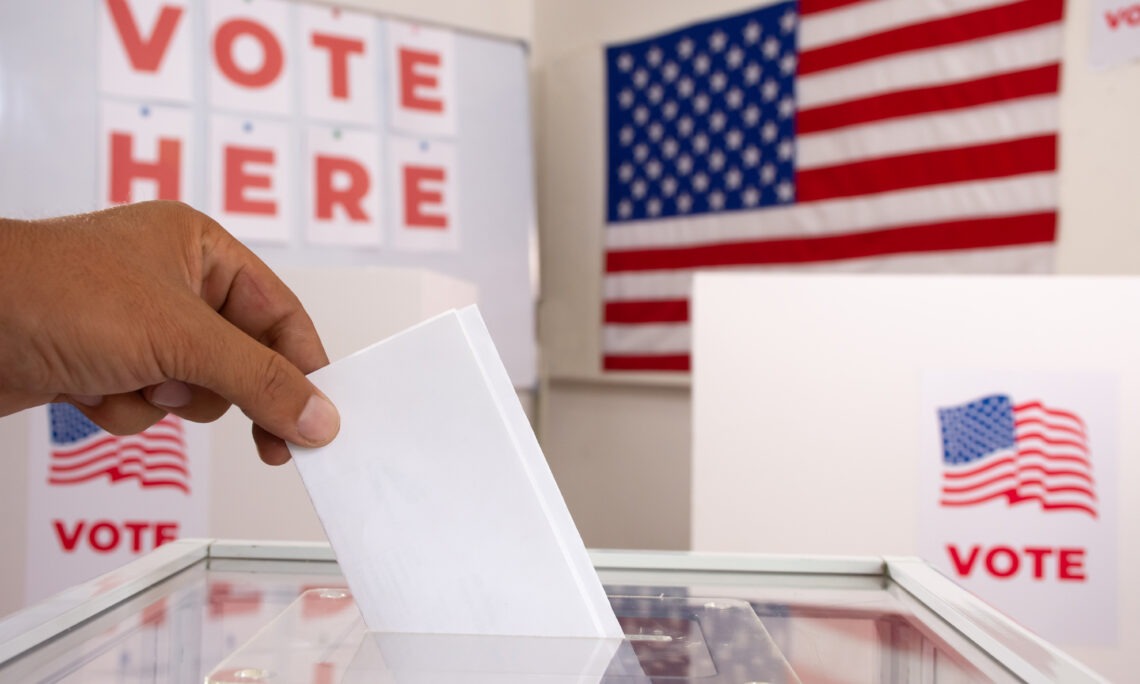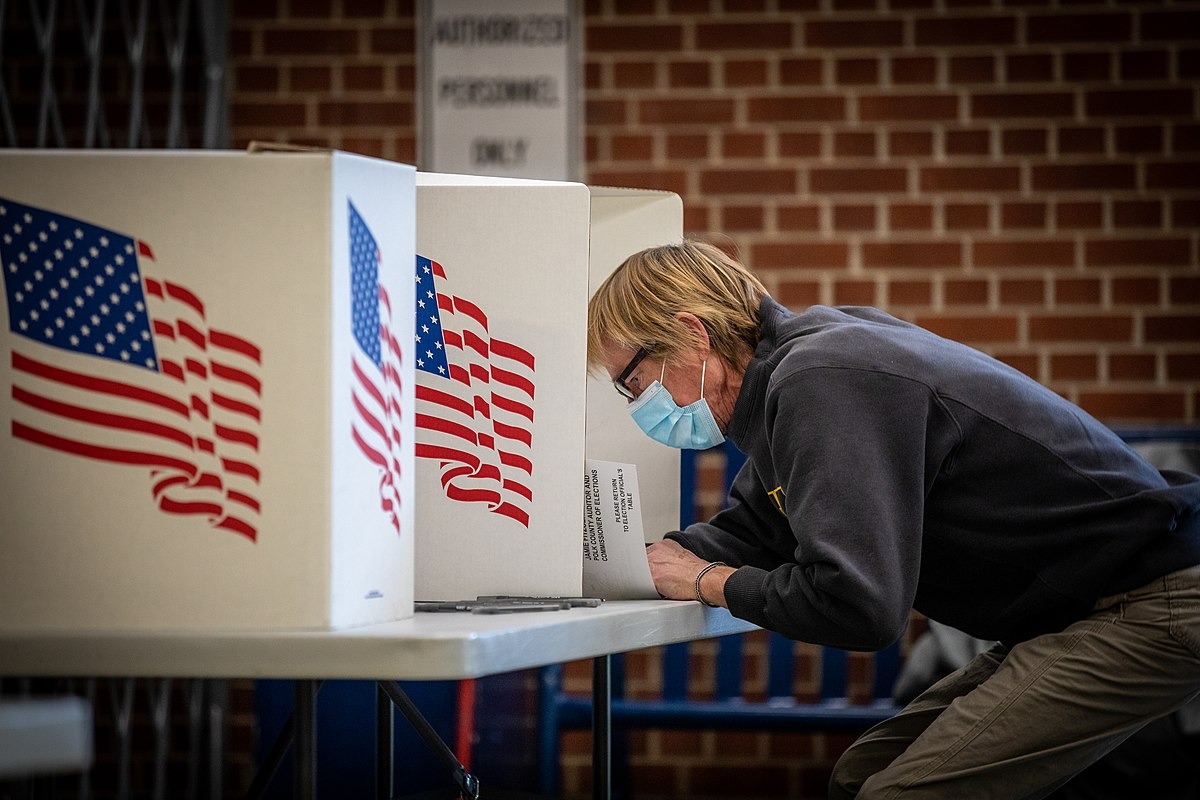U.S. District Judge Loretta Biggs delivered a remarkable ruling on Monday, striking down a long-standing North Carolina law that criminalized voting for individuals with felony convictions. Originally enacted in 1877, the law imposed severe penalties, including Class I felony charges, on those who voted without having their voting rights restored.
In her decision, Judge Biggs concluded that the law was rooted in discriminatory intent and had not shed its discriminatory nature over time.
She emphasized its disproportionate impact on Black voters, highlighting how Black Americans are disproportionately represented in the criminal justice system and consequently affected by laws restricting voting rights.

Statistics underscore the disparities at play: while Black Americans constitute about 13 percent of the national population, they comprise one-third of Black men with at least one felony conviction. In North Carolina, Black individuals make up nearly 53 percent of the state’s prison population, despite accounting for only 21.5 percent of the total adult population.
The legal challenge to the law was brought forth by the North Carolina A. Philip Randolph Institute Inc. and Action NC in 2020. Their argument centered on the law’s violation of the equal protection clause of the Constitution by specifically targeting Black voters.
This ruling comes at a critical juncture, with voting rights increasingly under scrutiny, particularly concerning their impact on communities of color. The decision reflects broader concerns about voter suppression tactics and their adverse effects on Black Americans’ ability to exercise their fundamental right to vote.

While North Carolina’s constitution prohibits felons from voting unless their rights have been restored, the law’s enforcement has been called into question. Judge Biggs highlighted the law’s potential for arbitrary application, citing inconsistencies in how district attorneys interpreted and enforced it.
In her ruling, Judge Biggs underscored the need to address these issues, emphasizing that the law’s ambiguity allowed for arbitrary enforcement and posed a threat to equal protection under the law.
The decision marks an outstanding step toward safeguarding voting rights and combating systemic barriers to political participation, particularly for marginalized communities disproportionately affected by such laws.


